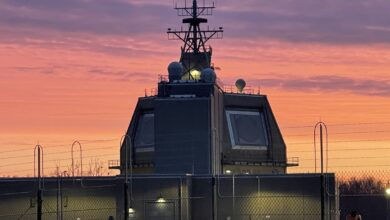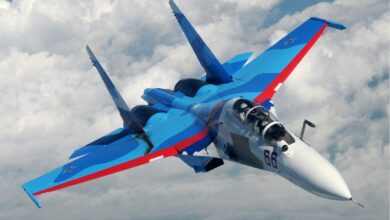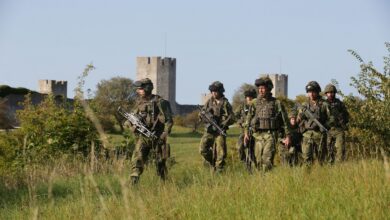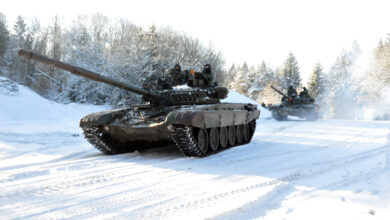NATO Secretary-General Jens Stoltenberg announced that the alliance will expel diplomats and reduce the size of the Russian mission in response to Moscow’s alleged involvement in the use of a nerve agent to poison an ex-spy in the United Kingdom.
Speaking to reporters in Brussels on Tuesday, Stoltenberg said NATO would expel Russian diplomats and reduce the size of Russia’s North Atlantic Council mission staff.
“I have today withdrawn the accreditation of seven Russian staff at the mission to NATO. I will also deny the pending accreditation request for the others,” Stoltenberg said. “The North Atlantic Council has reduced the maximum size of the Russian mission to NATO to 10 people … this will bring the maximum size down to 20.”
The move is intended to send Russia a message that there are consequences for its behavior, he said.
“The attack in Salisbury was the first use of a nerve agent on NATO territory.”
So far, more than 25 Western nations have announced they will expel Russians who are believed to be carrying out espionage in their countries under diplomatic cover. The initial 14 countries who made the announcement – all NATO members – were followed by Ukraine, Canada, Ireland and others.
Russia on Tuesday vowed to retaliate for the expulsions, with Foreign Minister Sergey Lavrov decrying what he called immense pressure from the United States on the European Union.
The White House announced that it would expel 60 Russians from the embassy in Washington and the United Nations mission in New York City, and close a Russian consulate in Seattle due to its proximity to a Navy base and Boeing facilities.
Former Russian foreign military intelligence officer Sergei Skripal and his daughter Yulia remain hospitalized after they were poisoned in Salisbury on March 4. Nick Bailey, a police officer who responded to the scene, was also hospitalized.
The U.K. said it has identified the substance as a Novichok nerve agent developed by Russia. Moscow maintains that it was not involved in Skripal’s poisoning. The former spy, who acted as a double agent for the U.K.’s MI6, was part of a prisoner exchange between the U.K. and Russia in 2010.
UK to invest £48 million in new Chemical Weapons Defence Centre in wake of Skripal attack












